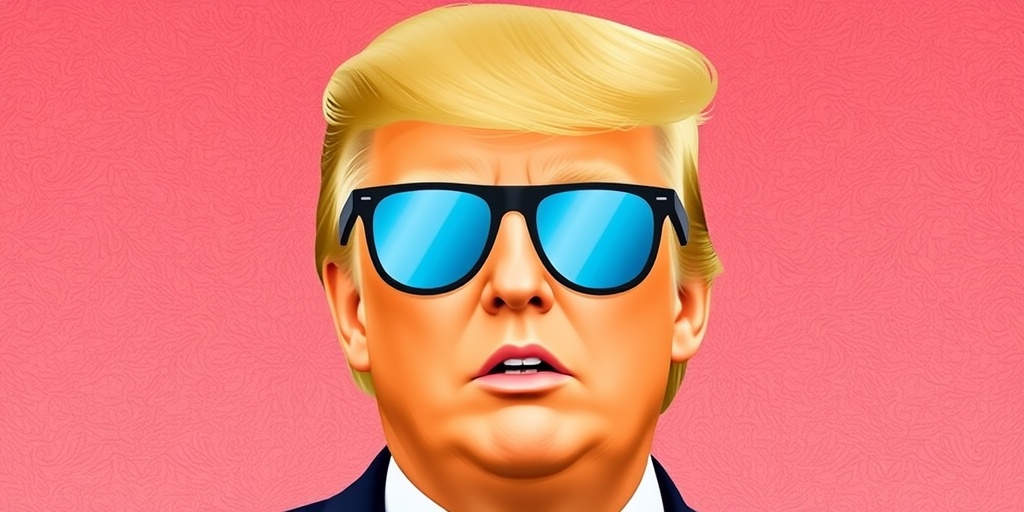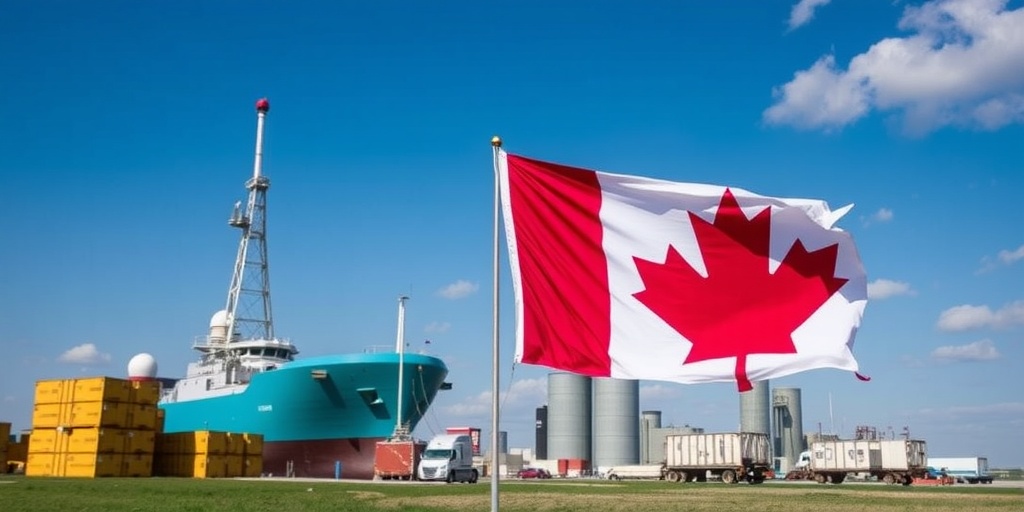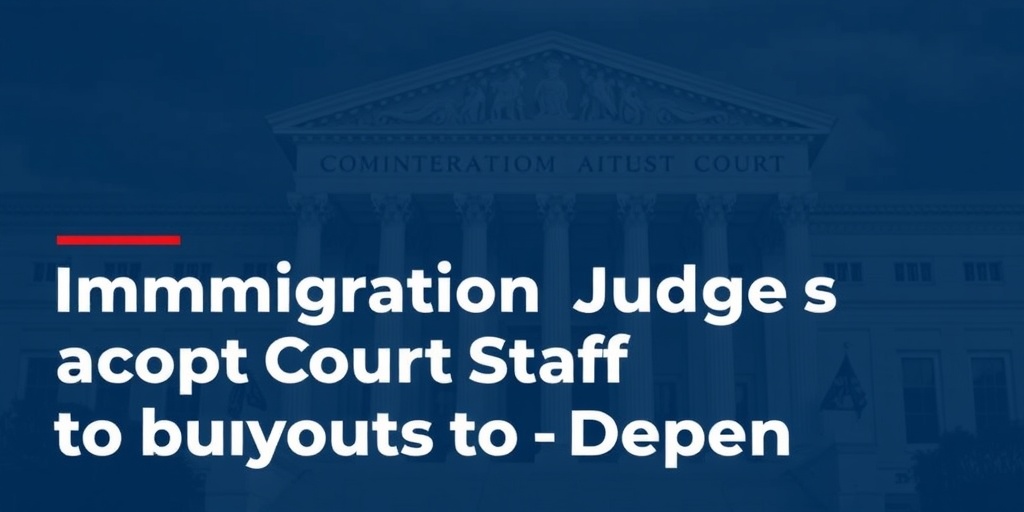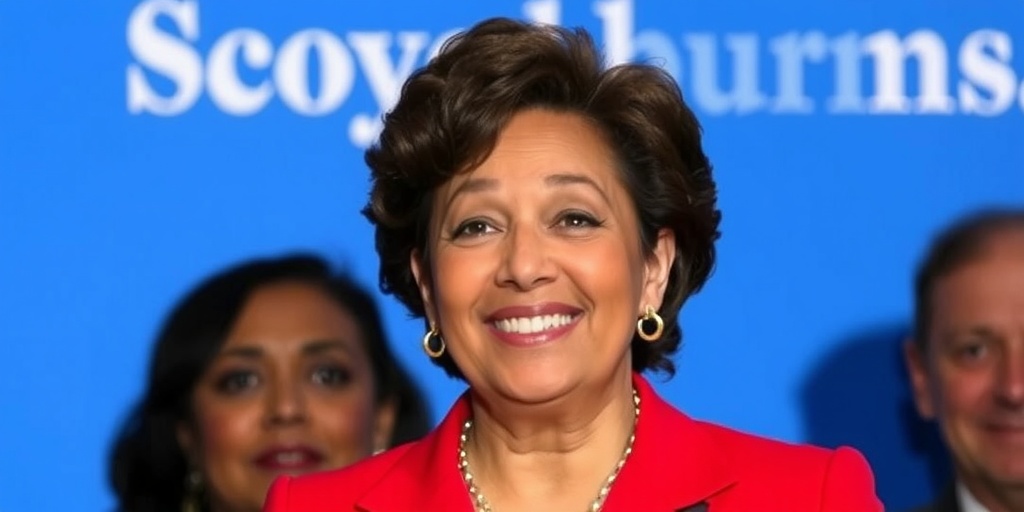Now Reading: Rubio Aims to Address New Tensions in Americas Following Trump’s Policies
-
01
Rubio Aims to Address New Tensions in Americas Following Trump’s Policies
Rubio Aims to Address New Tensions in Americas Following Trump’s Policies
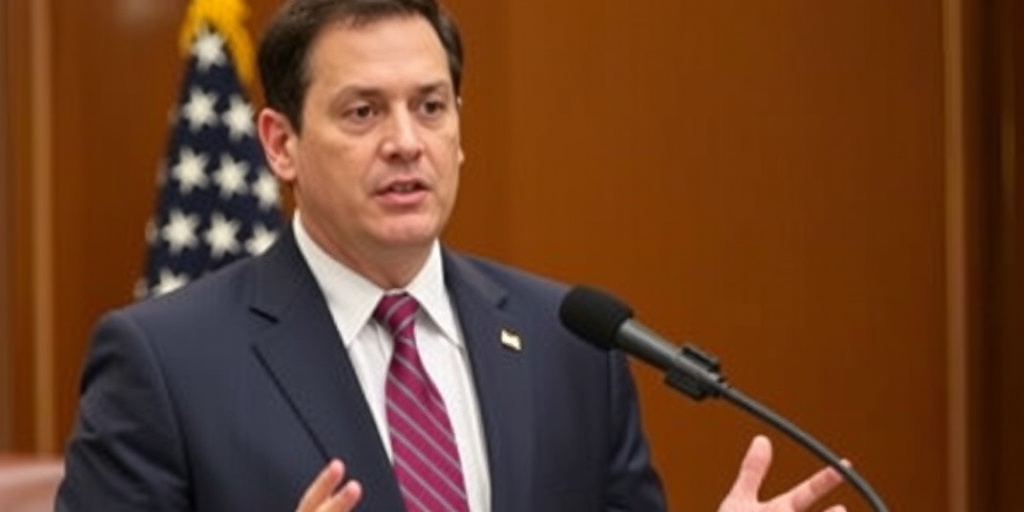
Marco Rubio’s Potential Role in U.S. Foreign Policy Towards Latin America
As Donald J. Trump steps into his role as President, one of the critical focuses of his administration is expected to be Latin America, a topic of particular interest for Florida Senator Marco Rubio. A child of Cuban immigrants, Rubio has demonstrated a consistent commitment to engaging with Latin American issues, and if confirmed as Secretary of State, he will play a pivotal role in shaping U.S. foreign policy in the region.
From the outset of his campaigns, Trump has emphasized controlling migration as a hallmark of his policy agenda. His voter base has rallied significantly around this issue, which is anticipated to influence diplomatic relations with Latin American countries. Given this context, Rubio’s capabilities in navigating these complex conversations will be instrumental.
Rubio is likely to face significant challenges, especially in light of Trump’s proposals to impose broad tariffs on several countries, including Canada and Mexico—critical partners in trade. Such tariffs could escalate tensions, and it will be Rubio’s responsibility to negotiate and address the concerns that arise from these economic measures. The complexity of these negotiations is further compounded by the intertwined nature of U.S. economic interests and immigration policies.
Furthermore, Trump has made headlines with his unconventional remarks about expanding U.S. territory, particularly concerning Canada and Greenland. There have been suggestions of making Canada the 51st state, a notion that Canadian Prime Minister Justin Trudeau has firmly rejected. Trudeau dismissed the idea during a recent interview, emphasizing the unlikelihood of such a scenario. In a similar vein, Trump’s interest in Greenland, a territory controlled by Denmark, raises questions about the future of U.S.-Denmark relations amid NATO commitments. Rubio’s role could involve brokering discussions centered on military cooperation and natural resource access, should those issues arise.
Additionally, Trump’s administration appears set on revisiting the dynamics surrounding the Panama Canal, a strategic waterway that has been under Panamanian control since 1979. The implications of revisiting this issue could alter U.S.-Panama relations, and it will fall upon Rubio to navigate these waters carefully.
Tensions are also expected to escalate due to Trump’s proposal to rename the Gulf of Mexico the “Gulf of America.” Mexican President Claudia Sheinbaum responded with humor to the idea, proposing to rename former Mexican territories in the United States as “Mexican America.” Such lighthearted exchanges underline the underlying seriousness of U.S.-Mexico relations, which require steady diplomatic engagement, particularly as both countries work together on trade and combating drug trafficking.
Moreover, on Cuba and Venezuela, Rubio’s approach is anticipated to be much more assertive than that of the previous administration. Recently, President Biden signaled a move to remove Cuba from the list of state sponsors of terrorism contingent on the release of imprisoned protesters. This decision reverses a Trump-era designation and may lead to further political friction, especially if Rubio advocates for reinstating Cuba on the list.
In terms of Venezuela, Rubio’s position aligns with the Biden administration’s view that Nicolás Maduro’s regime is illegitimate following disputed elections. As Rubio has previously pushed for comprehensive sanctions against Venezuela, he could amplify such efforts, further complicating U.S.-Venezuelan relations.
Moreover, Trump’s pledges of mass deportations are contingent on agreements with Latin American nations willing to accept their returning nationals. The complexities surrounding deportation flights have particularly affected relations with countries like Venezuela, which has been resistant to accepting deportations. Thus, cultivating strong partnerships with Latin American nations remains crucial in curbing the migrant flows toward the U.S. southern border, where Mexico is an essential interlocutor.
Rubio’s past experience in negotiating repatriation agreements—such as the ones with Guatemala—may prove beneficial as he works to re-establish similar arrangements with other countries in the region. This could include expanding cooperation beyond Guatemala to enhance border security and manage migration flow effectively.
In conclusion, if confirmed as Secretary of State, Marco Rubio will assume a vital role in shaping U.S. strategy towards Latin America during a tumultuous time. With issues ranging from trade and territorial aspirations to migration and diplomatic relations with Cuba and Venezuela, Rubio’s ability to foster collaboration and mitigate tensions will be critical in establishing a coherent and effective foreign policy for the United States in the Americas. The stakes are high, and the outcomes of these diplomatic endeavors could reshape U.S.-Latin American relations for years to come.
Stay Informed With the Latest & Most Important News
Previous Post
Next Post
-
 01New technology breakthrough has everyone talking right now
01New technology breakthrough has everyone talking right now -
 02Unbelievable life hack everyone needs to try today
02Unbelievable life hack everyone needs to try today -
 03Fascinating discovery found buried deep beneath the ocean
03Fascinating discovery found buried deep beneath the ocean -
 04Man invents genius device that solves everyday problems
04Man invents genius device that solves everyday problems -
 05Shocking discovery that changes what we know forever
05Shocking discovery that changes what we know forever -
 06Internet goes wild over celebrity’s unexpected fashion choice
06Internet goes wild over celebrity’s unexpected fashion choice -
 07Rare animal sighting stuns scientists and wildlife lovers
07Rare animal sighting stuns scientists and wildlife lovers













